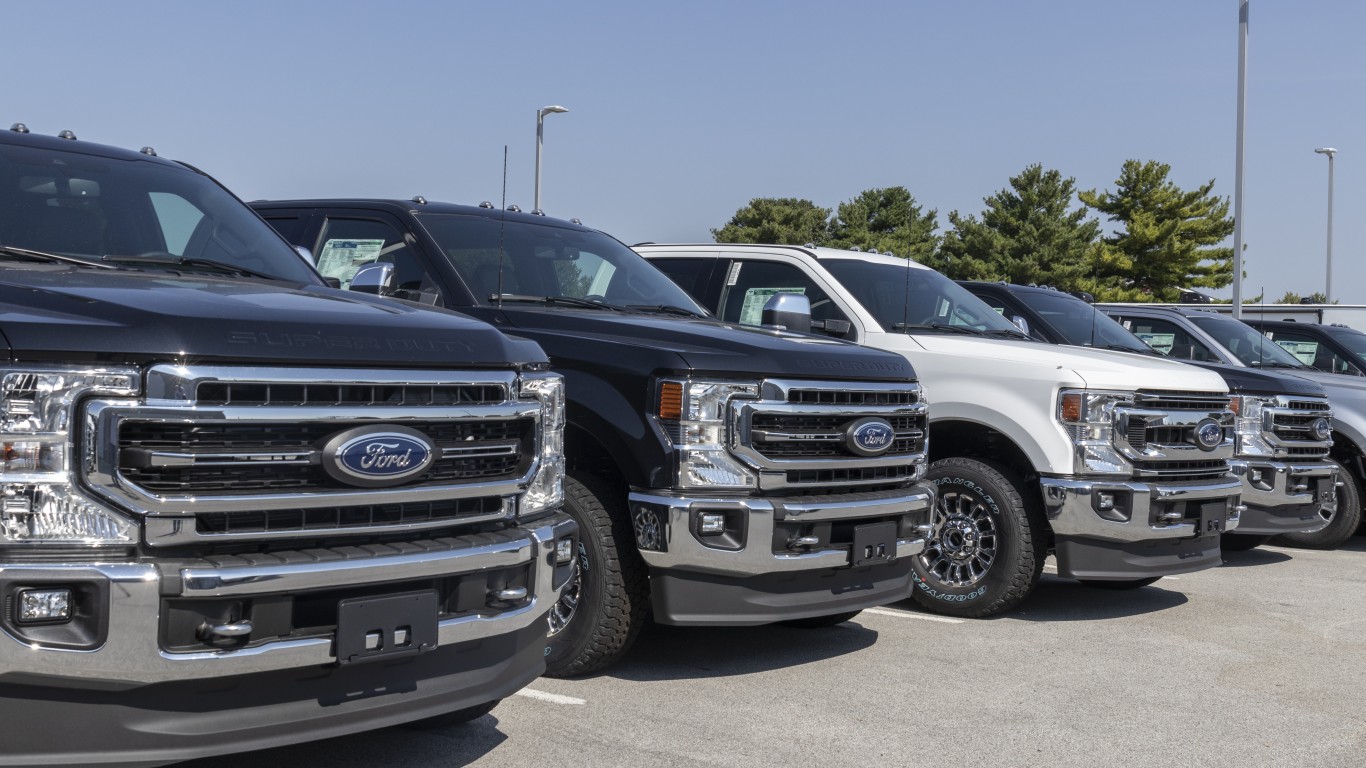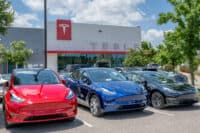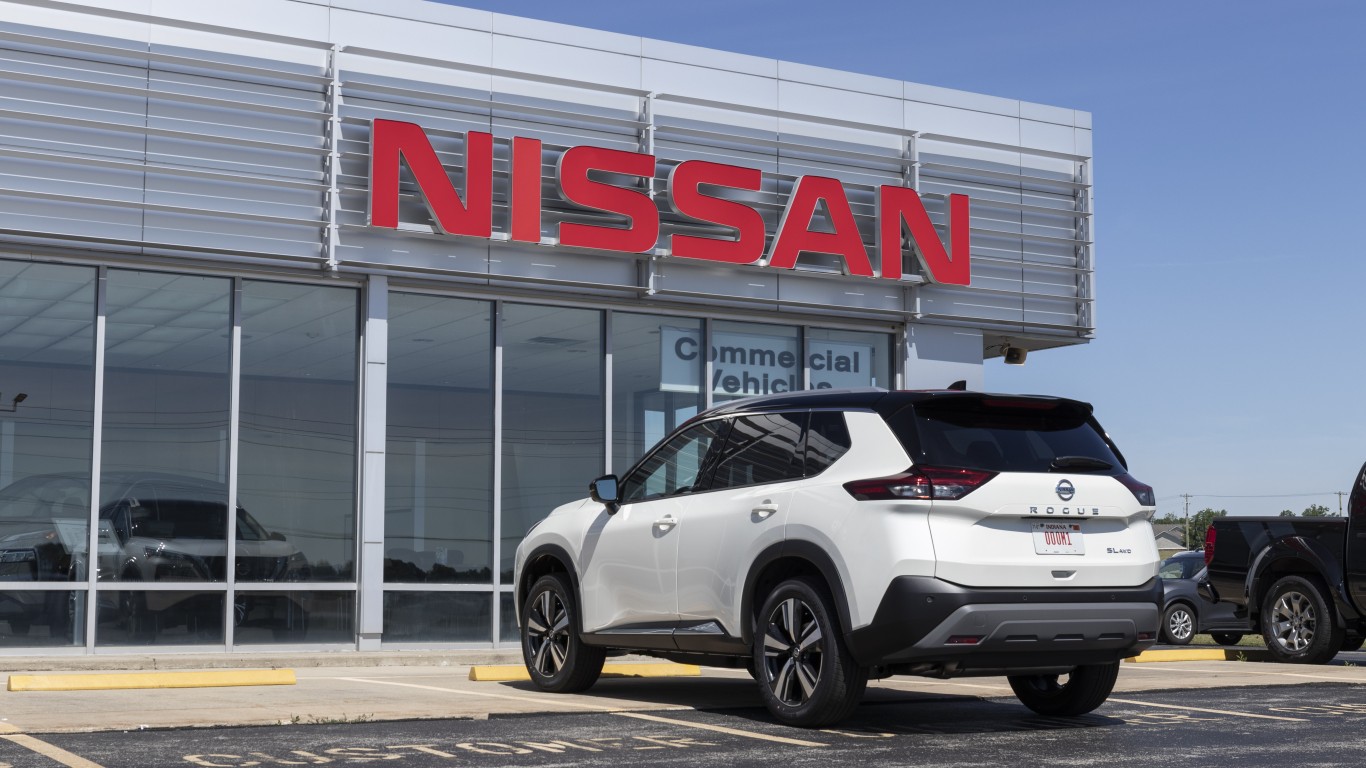Most large global car companies still believe that China will not only remain the world’s largest car market, but also will be one of the fastest growing. But growth there has been unimpressive recently, and taxes imposed by the government on auto licenses may make that problem worse, damaging efforts by manufacturers that have increased investment in the People’s Republic. Source: Courtesy Volkswagen AG
Source: Courtesy Volkswagen AG
March is usually a good month for car sales in China. However, sales rose only 11% to 2.01 million. That is down from a rate of 20% improvement in the first two months, according to The Wall Street Journal. And these low double-digit percentage numbers come after an anemic 2012.
The investments in China made by large car companies must be relying on the 20% number more than on 2012 growth rates, because they are so large in dollar terms. This is particularly true of America manufacturers. A year ago, Ford Motor Co. (NYSE: F) said it would invest $760 million in its operations in the People’s Republic. The money will go into a new plant in Hangzhou, set with its joint venture Changan Ford Mazda Automobile. And Bloomberg said of the investment in China by General Motors Co. (NYSE: GM):
GM’s announcement at the Shanghai auto show this month that it is spending $11 billion by 2016 on new plants, products and people in China demonstrates a change in priorities. GM is investing $1.5 billion in North America this year, where it has a more modest factory footprint.
For the past two years, the primary concern about the growth of car sales in China has been based on whether its economy would slow and its large middle class would return to its traditional habit of saving instead of consumer spending. As it turns out, that is not the most significant threat. Pollution is. And the People’s Republic has decided to attack the problem in part by high car license fees, most analysts believe. BusinessWeek reports on the cost of license plates in China:
Shanghai is one of four Chinese cities that limit car purchases by imposing quotas on registrations. The prices paid at Shanghai’s license auctions in recent months — 90,000 yuan ($14,530) — have exceeded the cost of many entry-level cars, the stronghold of Chinese brands such as Chery, Geely, and Great Wall. While residents with modest incomes may be able to afford an inexpensive car, the registration cost is often beyond their reach.
It is too early to know exactly what effect these license fees will have on sales, or whether they will be imposed more broadly. No matter what the reason, these new, high fees could scuttle the hopes that car sales in China will make it the Holy Grail for the industry.
Smart Investors Are Quietly Loading Up on These “Dividend Legends” (Sponsored)
If you want your portfolio to pay you cash like clockwork, it’s time to stop blindly following conventional wisdom like relying on Dividend Aristocrats. There’s a better option, and we want to show you. We’re offering a brand-new report on 2 stocks we believe offer the rare combination of a high dividend yield and significant stock appreciation upside. If you’re tired of feeling one step behind in this market, this free report is a must-read for you.
Click here to download your FREE copy of “2 Dividend Legends to Hold Forever” and start improving your portfolio today.
Thank you for reading! Have some feedback for us?
Contact the 24/7 Wall St. editorial team.



